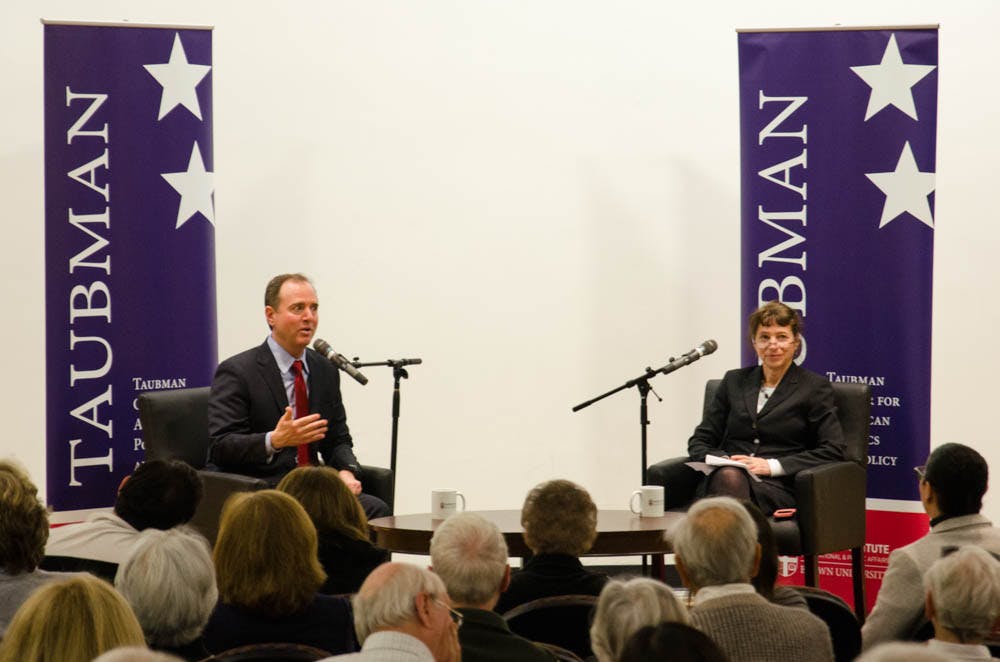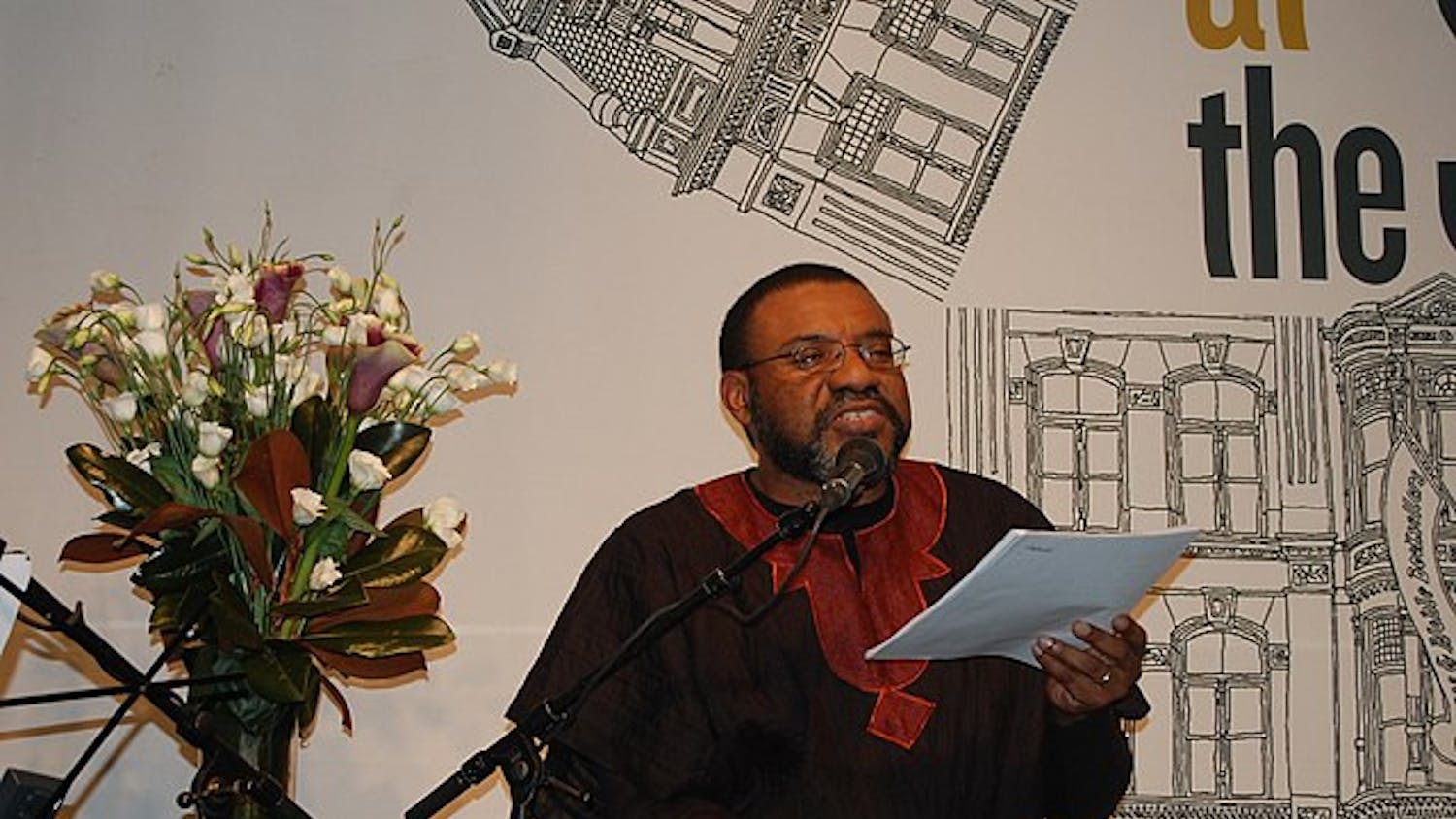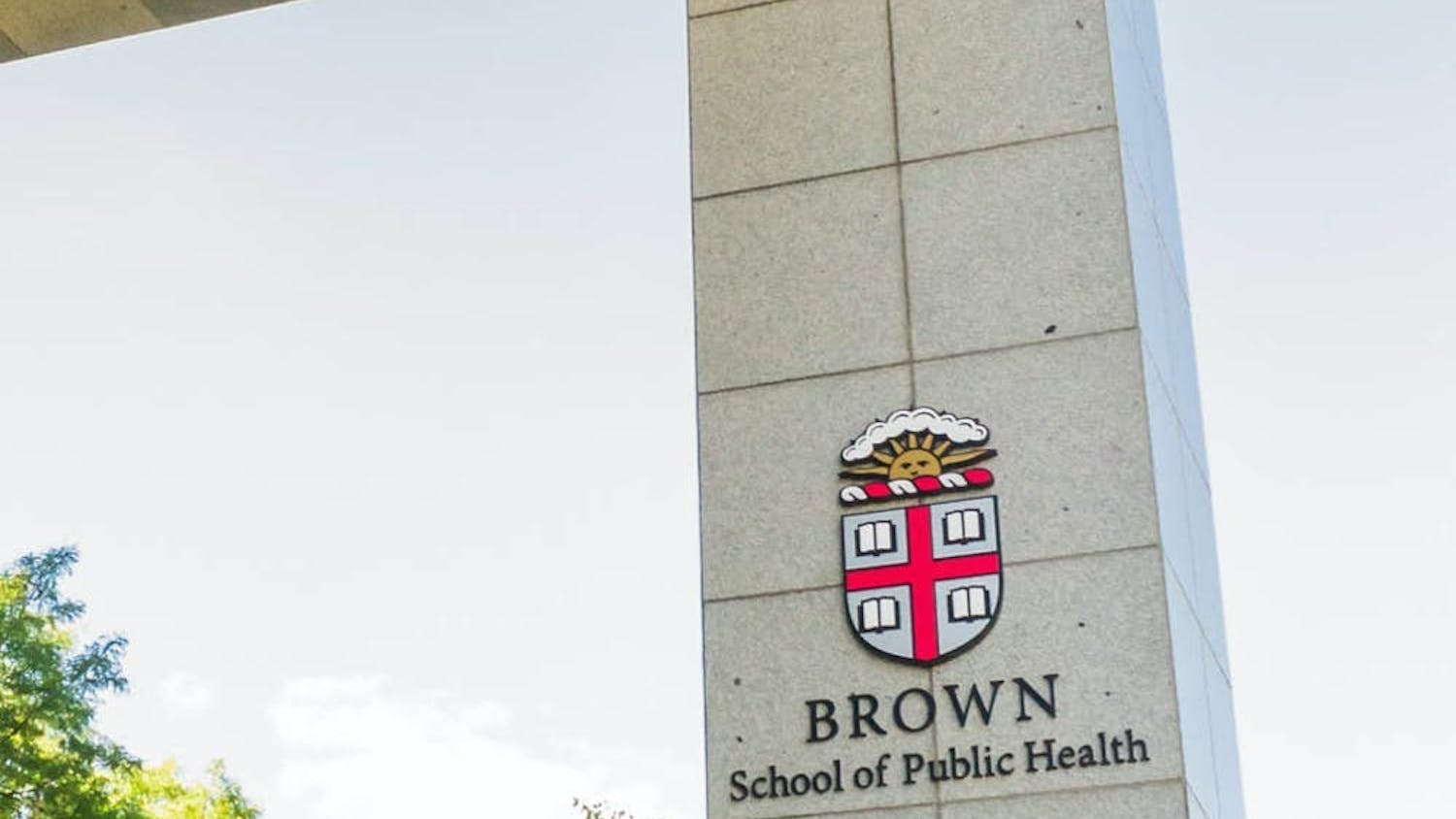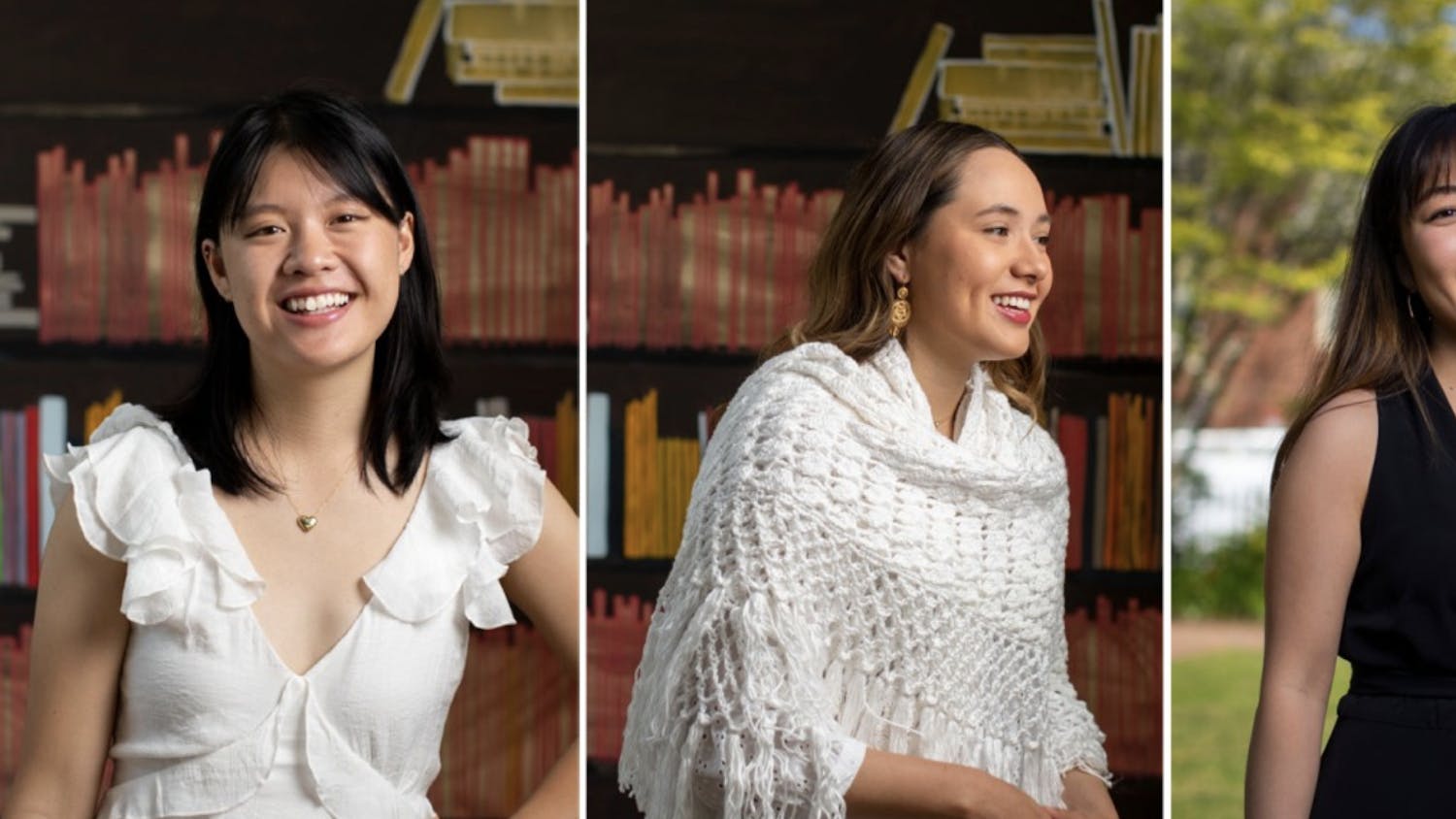The greatest threat currently facing the United States’ democracy comes from within, said U.S. Rep. Adam Schiff, D-CA, during a Taubman Center for American Politics and Policy lecture Monday. Schiff, who gave a lecture entitled “Threats to Democracy,” spoke about a wide array of issues that weaken American and global democracies, such as the rise of autocracies and political attacks on the media.
Schiff — who has been a member of Congress since 2001 and currently serves as the ranking member on the House Permanent Select Committee on Intelligence — began his lecture by speaking about recently-debated Russian interference in the last presidential election. After Republican members argued that insufficient evidence existed to prove collusion between Russia and the Trump campaign, the House Intelligence Committee ended its investigation into the matter earlier this year.
Schiff told The Herald that he disagrees with the Republican consensus, as he feels that there is “evidence in plain sight” that collusion occurred.
During the lecture, he also spoke about the grave implications of purported Russian influence on the 2016 election. “Democrats have a tendency to think too narrowly about what (Russia’s interference) means. Russia had every reason to prefer (President) Trump.”
“But far more fundamental to what the Russians were after was tearing at the very fabric of our democracy,” he added. “They looked at the divisions within our society … and they sought to widen the gulf.”
Schiff also referenced Russian involvement in recent European and Balkan elections, and argued that the interference tactics that Russia used in the United States were not new. “What was new was that they decided to do this to the strongest democracy on earth and to an unprecedented degree.”
Given that “autocrats around the world are on the rise,” Russian interference in the U.S. election is even more significant, Schiff said, adding that “the very idea of liberal democracy is at risk.”
Yet, Schiff still emphasized that the risks posed by external factors to American democracy were less serious than actions taken by the Trump administration.
“Every day, we see our system of checks and balances, the heart and soul of our democracy, being whittled away” by the administration, he said, adding that the President’s attacks on the media and his encroachment on the Department of Justice also constitute threats to American democracy.
With regard to the firing of Andrew McCabe, the Federal Bureau of Investigation’s former deputy director, and the pardon of Joseph Arpaio, who was convicted of racial profiling as a law enforcement officer, Schiff said the White House has broken “down the wall of independence between the White House and the Justice Department.”
Trump’s repeated attacks on the media also hurt the United States’ political system, Schiff said. Denigrating the press when an objective reality exists “can have serious, long-lasting damage to our democracy,” he added. The President’s actions have caused Schiff to adjust the focus of the Congressional Caucus for Freedom of the Press — a bicameral, bipartisan caucus that Schiff founded in 2006 — to protecting the press inside the United States. The Freedom of the Press Caucus generally seeks “to advance press freedom around the world by creating a forum to combat and condemn media censorship and the persecution of journalists around the world,” according to a University press release for the event.
Ultimately, congressional inaction to address Trump’s treatment of the media has compounded the problem, Schiff said. He described Republican silence in the face of Trump’s actions as “political cowardice.”
Throughout the lecture, moderators and audience members had the opportunity to ask Schiff questions. Nina Tannenwald, a senior lecturer in political science, asked Schiff for his opinion on the “charge that the U.S. has interfered with elections in other countries.”
Schiff said that while “these accusations have far too much merit to ignore, … I hope that we would put that in the past.”
“We really are indispensable in the way that no other country is positioned to be as great of a force for good,” he added. However, Schiff warned attendees that the continuation of the Trump administration’s practices could erode the American democratic ideal. “If this administration should go on beyond one term, then I think that the rest of the world has to conclude that America is not the country that it used to be,” he said.
Looking to the future, Schiff told The Herald that he believes the Democrats will retake the House in the 2018 elections. “Democrats need to campaign on a return to decency. They need to generate a positive reason to vote for Democrats, rather than just incentive to turn out against Trump.”





